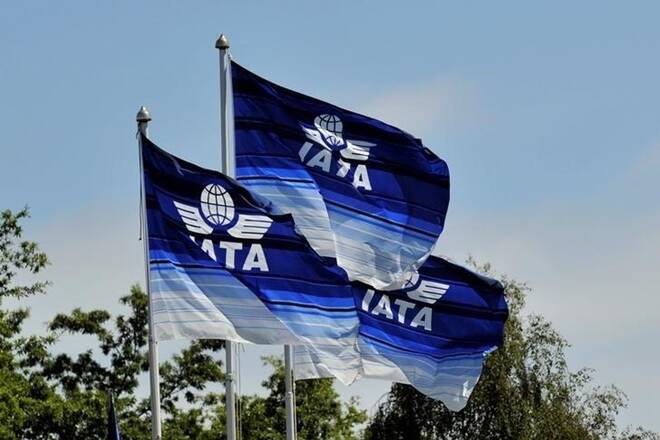The International Air Transport Association (IATA) warned that free movement within Europe is being compromised by the failure of EU member states to harmonize COVID-19 entry regulations. As a result, the reopening of borders is confusing travelers and businesses and not delivering the expected benefits in terms of easier travel and economic recovery.
IATA research has found significant differences in how EU member states are managing travel:
- Around 30 per cent of states using the EU Digital Covid Certificate (DCC) are not accepting rapid testing
- 19 per cent of states are not exempting children from testing requirements
- 41 per cent of states are not allowing vaccinated travelers from non-EU ‘White-List’ countries to enter
- For the Passenger Locator Forms, 45 per cent accept it online, while 33 per cent accept paper and online submissions. But 11 per cent only accept paper, and a further 11 per cent have no locator forms at all.
“It’s essential that European states come together on COVID-19 travel procedures. The good work done by the Commission and the states to develop the DCC is being wasted by a mess of unharmonized regulations. How can passengers travel with confidence when the rules are so different in each country within the European Union? They can’t be sure if their children need to be tested or not, or if they need to fill in a form on paper, online, or not at all. It’s one Europe Union. People reasonably expect a united approach to managing travel,” said Rafael Schvartzman, IATA’s Regional Vice President for Europe.
Specifically, with regard to harmonizing requirements around the DCC, IATA and other stakeholders have urged EU states to:
- Conduct DCC verification digitally before passengers arrive at the airport, to limit operational disruptions and give certainty to passengers that they are ready to fly. Germany and Spain are two countries observing best practice in this area.
- Develop a state portal to facilitate DCC verification directly by national authorities and limit health data processing by airlines.
- Integrate digital Passenger Locator Forms into a state portal for DCC verification, which is not currently the case in 80% of European countries.
In addition, EU states need to align on health requirements including:
- Universal acceptance of rapid testing in place of expensive and unnecessary PCR tests
- Universal exemption of minors from testing and vaccination requirements, and
- The universal opening of borders to vaccinated passengers and to allow travelers from low-risk countries to enter Europe without restriction (or with proof of a negative test from non-vaccinated travelers).
- The Netherlands, Estonia, Slovenia and Spain are leading the way in aligning these policies.
“The experience over the European summer shows that a standard digital certificate is not enough: the travel processes around COVID-19 must also be harmonized and smoothed out. We urge European states to sort out the current mess and give hard-pressed passengers greater certainty over their travel plans,” said Schvartzman.


